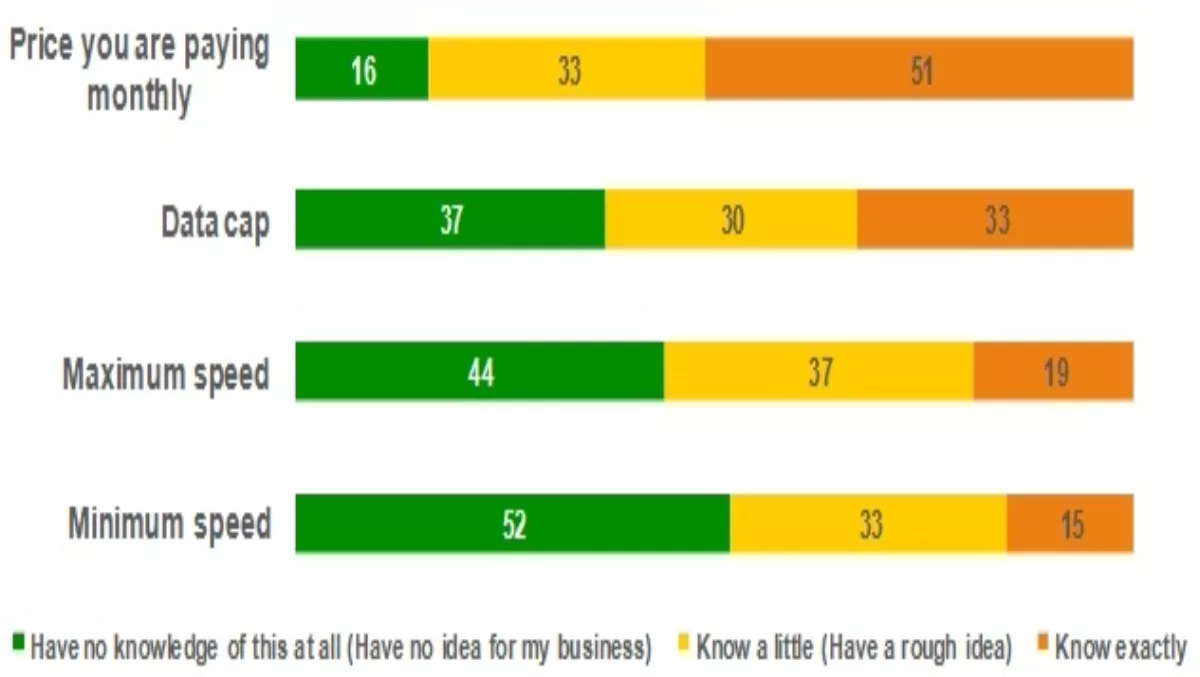
Small and medium businesses have been singled out as a perfect target to make sure the government’s UFB and RBI projects achieve the desired uptake, despite the fact many SMB owners would be unwilling to pay more for faster internet, and some don’t even know how much they pay now.
Speaking at the Commerce Commission’s Future with High Speed Broadband conference in Auckland this week, Alcatel-Lucent NZ president and managing director Andrew Miller said with 460,000 SMBs in New Zealand, the sector provides an ideal base for establishing high-speed broadband as the standard internet connection for the country.
However, a Nielsen study commissioned for the conference has thrown up some figures that suggest plenty of work will be required to make this happen.
The study, based on telephone surveys of 500 businesses with between one and 20 employees, found that while 51% of SMB owners knew exactly what they paid for broadband per month, only 33% knew their data cap, 19% knew their maximum speed and 15% knew their minimum speed. Only 10% knew all four figures.
Nielsen’s Kris Mayo told the conference this presents a challenge to people promoting high speed broadband, as speed improvements won’t mean much to people who don’t know their current download rates.
With regards to specific apps which will be influenced by high speed broadband, the survey found that only 40% of respondents used their broadband for downloading and streaming videos, 34% for cloud-based apps and backups, and 20% for videoconferencing.
Asked about four apps which could become available with faster broadband, the most appealing – improved online sales and marketing functionality – was still only of interest to 48% of respondents. 45% were quite or very interested in hi-def telepresence, 44% in hi-def video security, and 39% in telecommuting.
35% of respondents wouldn’t be willing to pay any more for high speed broadband, 34% would pay up to 10% more, and only 26% would pay more than that.
Mayo says with the exception of importers and exporters, most SMBs are satisfied with their current broadband service. That means it’ll be up to the government to show small business owners what they’re missing once UFB starts getting hooked up, if they plan to make the most of the impressive yet expensive technology.
You can download a copy of the report presentation here (under 'additional information').
How much do you know about your broadband service? Would you be willing to pay more for faster internet? How do you think it would benefit your business? Post your comments below.